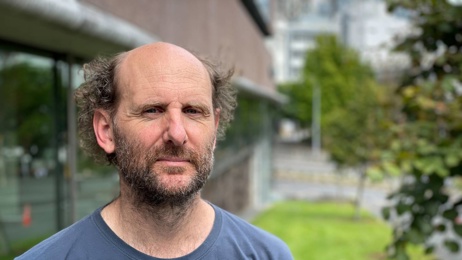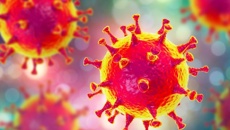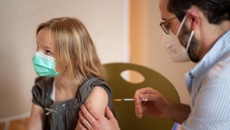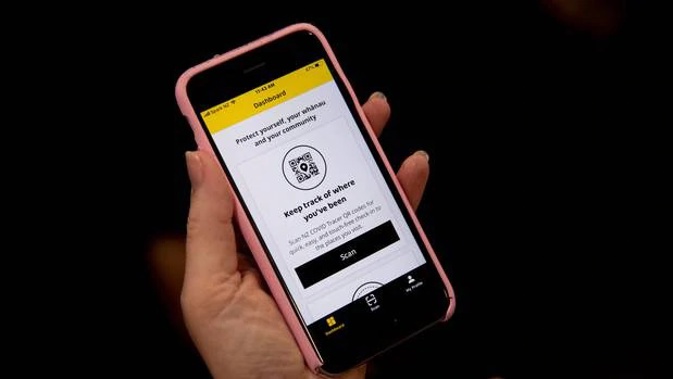
A contact tracing expert is urging Kiwis to make use of new digital isolation tools to ensure virus tracking efforts are not overwhelmed.
Director general of health Dr Ashley Bloomfield today detailed how isolation for people with Covid-19 would become more digital with more responsibility on those with the virus to aid contact tracing efforts.
It included the majority of cases being informed of their positive result by text instead of a phone call, and cases using web-based forms to identify contacts.
The shift comes as New Zealand moves into phase 2 – a move prompted by Omicron's surge in the community with cases breaching 1000 for the first time.
Dr Andrew Chen, a researcher at University of Auckland-based Koi Tū: The Centre for Informed Futures, was glad traditional tracing methods were retained for those without the ability to use or comprehend digital resources.
"The existing human-based system will still be running, including phone-based interviews and potential home visits in remote areas as we have relied on through the rest of the pandemic," he said.
"But for those who are able to provide information digitally, that takes demand away from the manual system.
"If we have 800 people filling out a form digitally and 200 people needing phone calls, that is still a lot better than 1000 people needing phone calls."
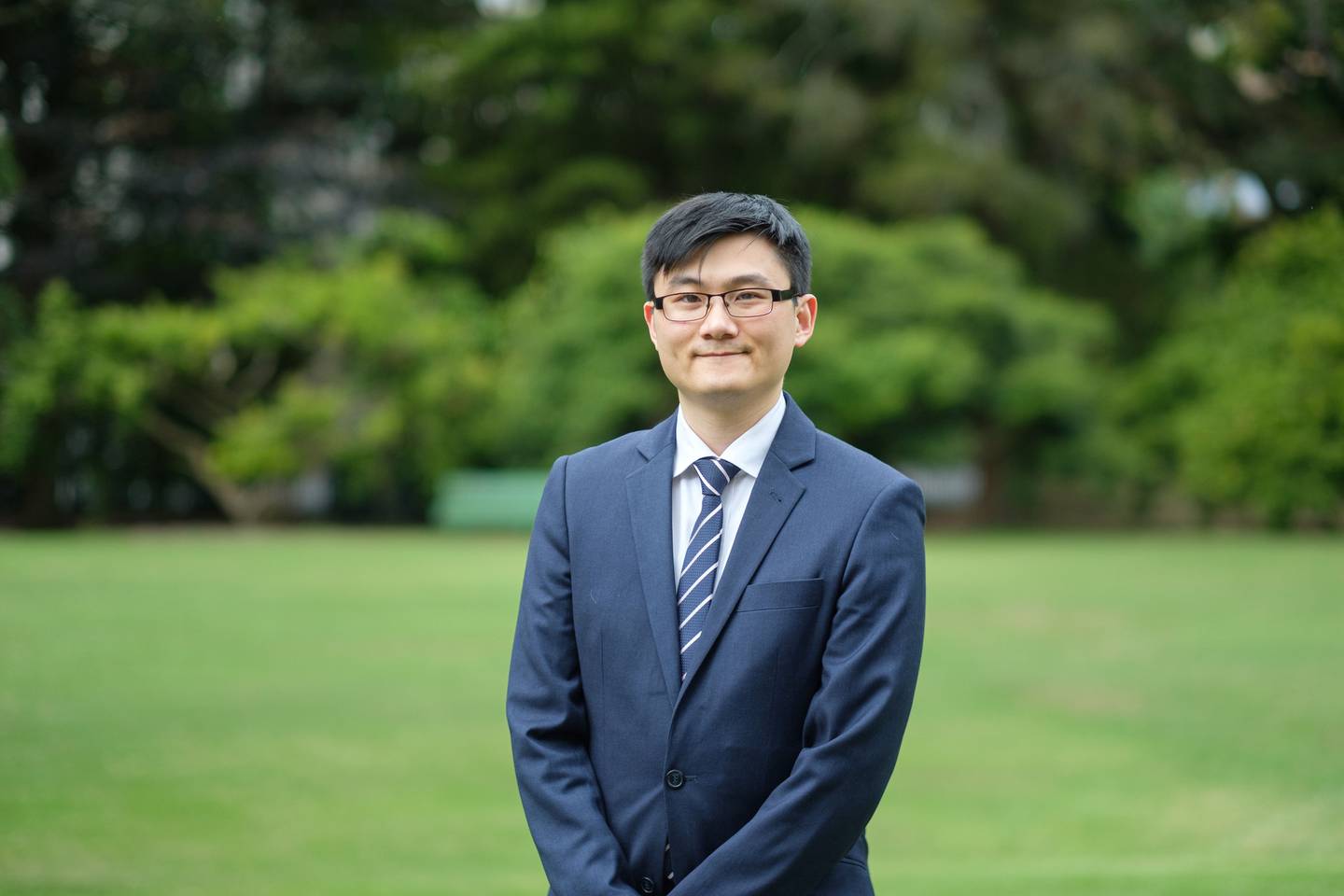
Dr Andrew Chen, a researcher at University of Auckland-based Koi Tū: The Centre for Informed Futures. Photo / Supplied
In phase 2, the length of isolation was shortened for both cases and contacts.
Cases and people considered household contacts were required to isolate for 10 days. Household contacts would be released from isolation should they return a negative test on day 3 and 8.
Close contacts, those outside the household but who were in close proximity with a positive case, needed to isolate for seven days with a test on day 5 or if they became symptomatic.
Bloomfield noted between 30 to 50 per cent of household contacts became infected, hence their longer isolation period compared with non-household contacts.
Formerly, people with the virus would be notified of their positive test result through a phone call.
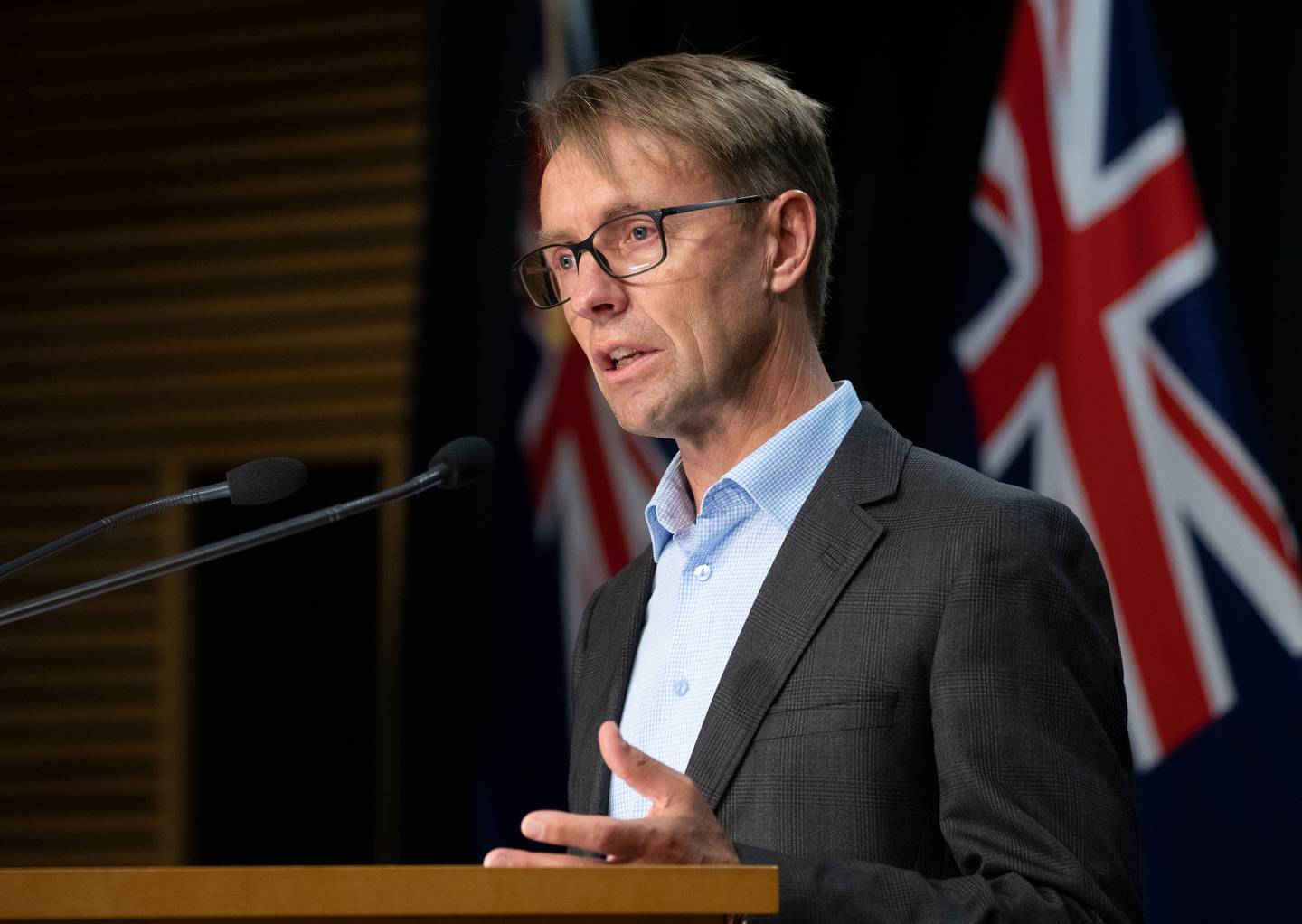
Director general of health Dr Ashley Bloomfield. Photo / Mark Mitchell
Now, cases would be notified by a text message – in recognition of the expected surge in case numbers.
The text message – from number 2328 – would contain links to information on self-isolation, a process to identify contacts and how to access any clinical or welfare assistance required. Cases were also responsible for notifying their employer.
Those cases which should be prioritised – people with complex welfare or health needs – would be prioritised through this form.
Bloomfield said public health officials would have a focus on cases within aged residential care facilities, in jails and at potential super-spreader events.
Ministry of Health primary care lead Dr Joe Bourne said staff at local care co-ordination hubs would monitor case management and work with iwi and other providers to ensure people received the necessary support during isolation.
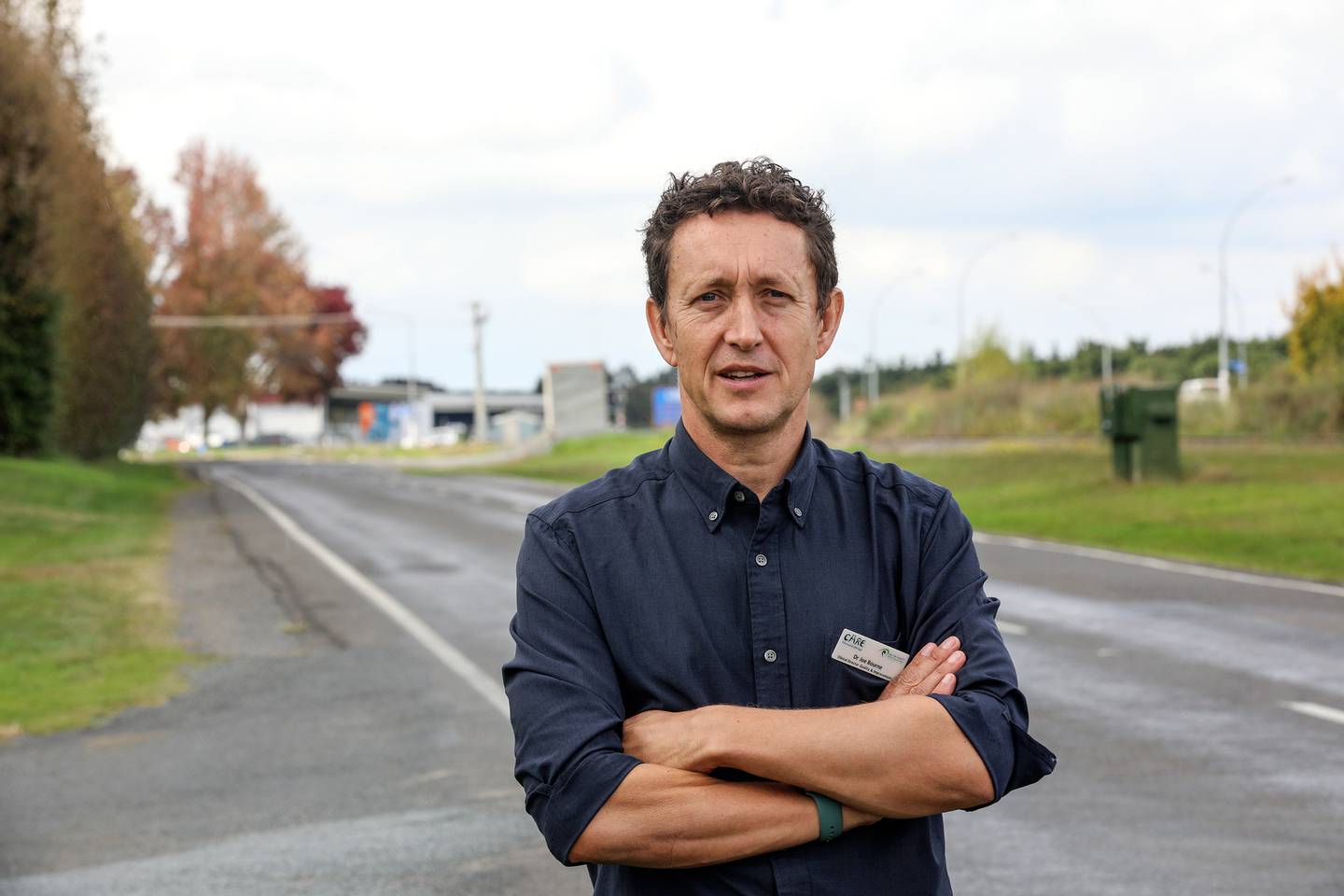
Ministry of Health primary care lead Dr Joe Bourne. Photo / NZME
Ministry of Social Development deputy chief executive Viv Rickard encouraged Kiwis to prepare themselves should they be forced to isolate.
"Prepared is not just about buying stuff, prepared is about having a plan, contacting the right people, knowing who your neighbours are and if you have to isolate, who will bring things to your place."
Rickard said food had emerged as the biggest need for whānau in isolation – something which had prompted the funding of 205 food organisations to support the ongoing welfare response.
While he acknowledged most people should be able to manage isolation without much assistance, Rickard said the focus should be placed on those who couldn't afford or access support.
Rickard also referenced a commitment to provide alternative accommodation for those who were not able to isolate in their current living situation, saying no one should be forced to isolate in their cars.
Chen, a prominent voice on the Government's contact tracing efforts, hoped the online forms would aid providers in distributing resources to whānau sooner.
"We know that in order for people to comply with isolation requirements it has to be made as easy as possible for them, and so this is one way to help identify challenges so that the system can respond."
He said about 20 per cent of Kiwis were not considered "digitally included" who might have various reasons why they couldn't fill out the online forms, including those with lower English literacy.
Take your Radio, Podcasts and Music with you



